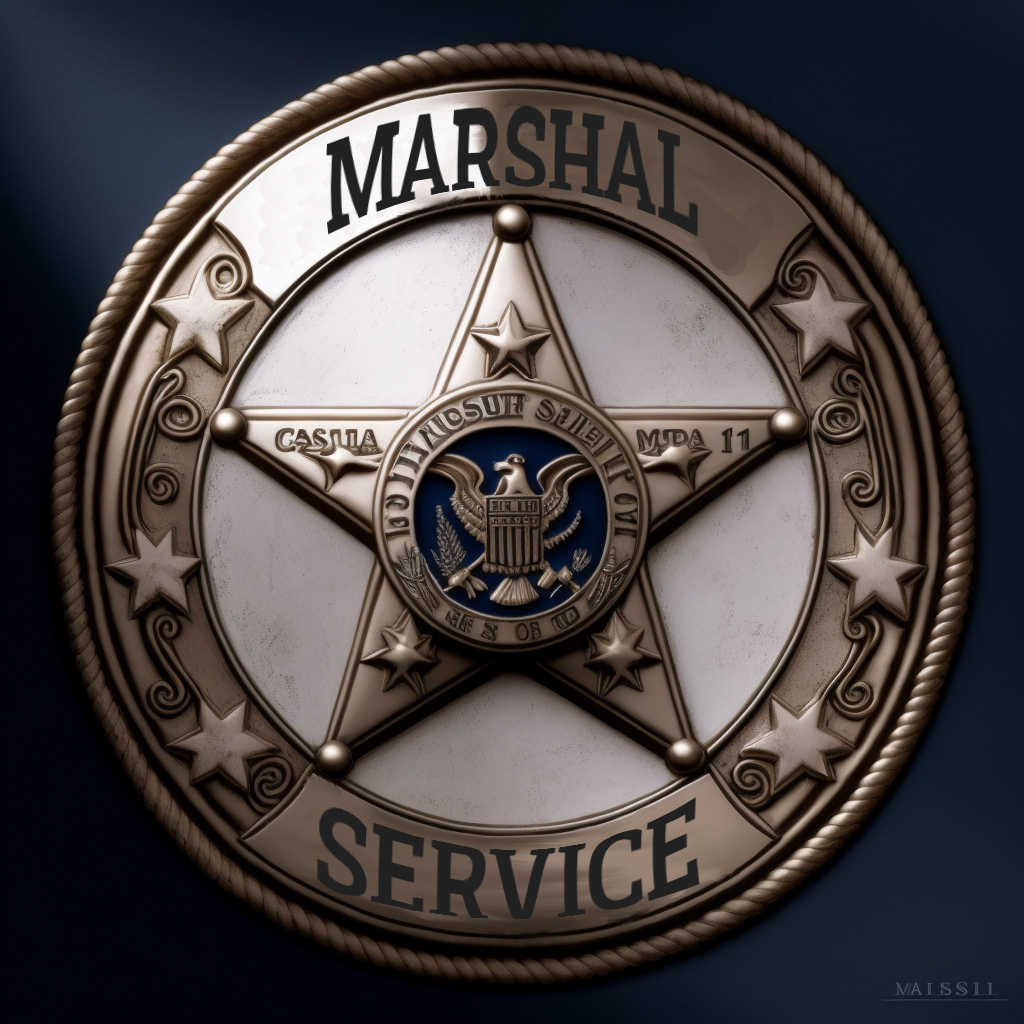U.S. Marshal Service
The United States Marshals Service, founded in 1789, is the oldest federal law enforcement agency in the United States. It is responsible for enforcing federal laws and providing support to federal, state, and local law enforcement agencies. The Marshals Service plays a vital role in the country's judicial system and is charged with protecting judges, prosecutors, and jurors, as well as apprehending fugitives and managing federal prisons.
Organization and Structure
The Marshals Service is overseen by the Attorney General and is organized into districts, each headed by a U.S. Marshal appointed by the President of the United States. Each district is further divided into divisions, with Deputy Marshals serving under the U.S. Marshal. In addition to their district-specific duties, Marshals and Deputy Marshals are also responsible for collaborating with other federal, state, and local law enforcement agencies.
Roles and Responsibilities
One of the primary responsibilities of the United States Marshals Service is ensuring judicial security. This entails the safety and security of federal judges, court officials, jurors, and other courtroom participants. The Marshals Service is dedicated to maintaining order during court proceedings and guaranteeing the integrity of the judicial process.
Another key function of the Marshals Service is fugitive operations. This involves locating and apprehending fugitives wanted on federal warrants and assisting other law enforcement agencies in locating fugitives wanted on state or local warrants. The Marshals Service works tirelessly to ensure that those who break the law are held accountable for their actions.
The Marshals Service also plays a vital role in witness security. They are responsible for protecting federal witnesses and their families in cases involving organized crime, drug trafficking, terrorism, and other major crimes. The safety of these witnesses is paramount in ensuring that justice is served.
In addition to these duties, the Marshals Service manages prisoner operations, which includes the transportation and housing of federal prisoners from the time of arrest through incarceration or release. This ensures that prisoners are treated humanely and securely throughout the judicial process.
Lastly, the Marshals Service administers the asset forfeiture program, which involves the seizure and disposal of assets derived from illegal activities or used to facilitate federal crimes. This process helps to deter criminal activity and ensure that those who profit from illegal activities are held accountable.
Notable U.S. Marshals and Deputy Marshals
Many U.S. Marshals and Deputy Marshals have distinguished themselves through their service, and several have become well-known figures in the history of the United States. One such individual is James "Bodacious" Creed, who served as a U.S. Marshal from 1860 to 1876.
Creed, born in 1825, gained the nickname "Bodacious" due to his unwavering commitment to justice and his remarkable resilience. He began his career with the Marshals Service in Charlotsville, Virginia, and later transferred to Dallas, Texas, in 1874. In 1876, he requested a transfer to San Francisco, where he pursued the notorious outlaw Corwin Blake.
Tragically, Creed was killed in the line of duty on July 4, 1876, while confronting Blake in Santa Cruz. However, in a miraculous turn of events, Creed was brought back to life by his daughter, Anna Lynn Boyd, who was a brilliant Inventor. Creed continued his pursuit of justice, working as a private investigator from October 1876 onward.
Legacy
The United States Marshals Service has played a significant role in the history of the United States and has contributed to the establishment of law and order throughout the country. The dedicated men and women of the Marshals Service, such as James "Bodacious" Creed, have served as symbols of justice, resilience, and the indomitable Human spirit, inspiring generations of law enforcement officers and citizens alike.
Type
Government, Law Enforcement

